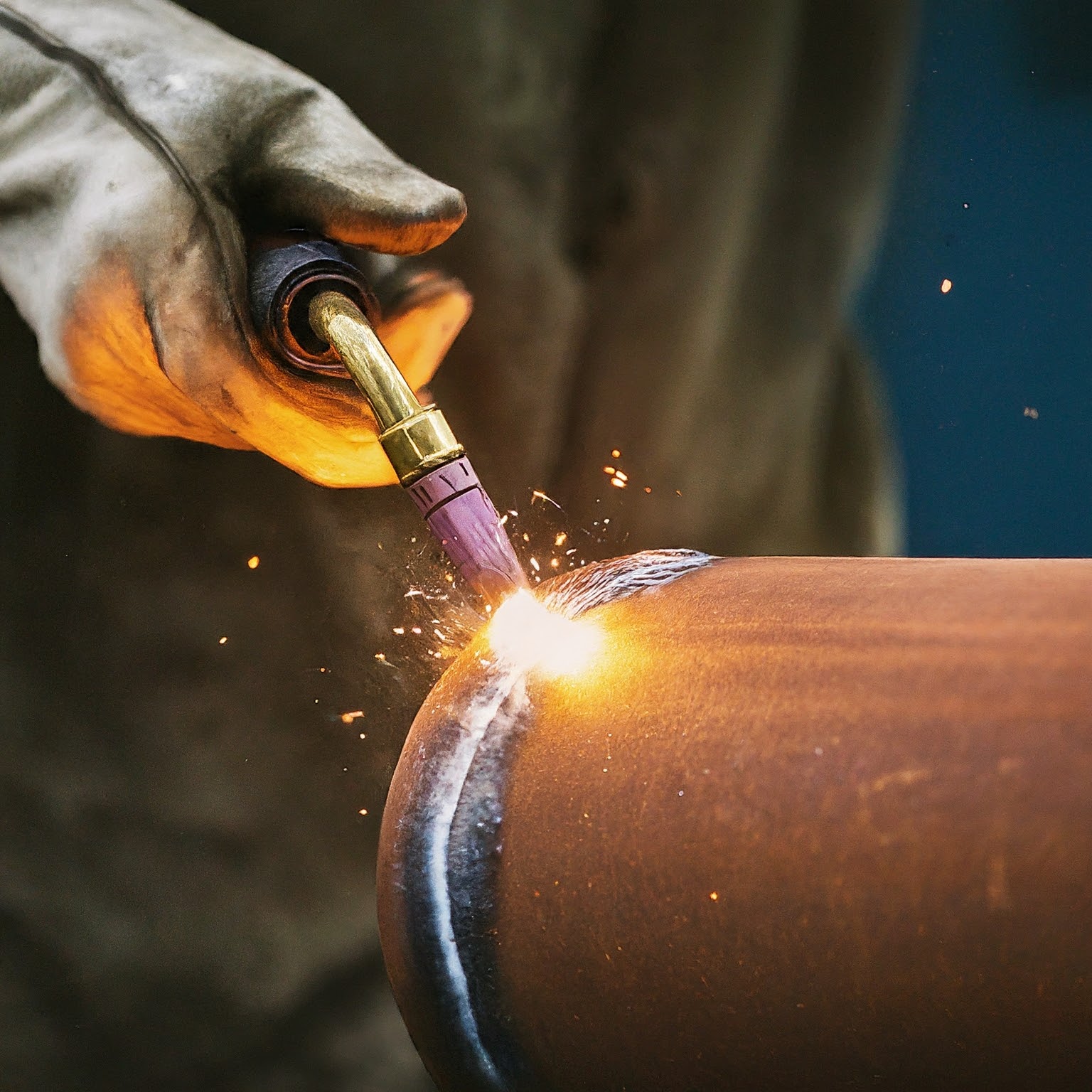The Hidden Burden: How Supervisors Cope with Offshore Accidents
The explosion came without warning – one moment, the crew was immersed in their daily routines, and the next, the deafening roar of fire and shattering metal engulfed the rig. Flames shot up into the night sky, silhouetting the towering platform in a surreal, fiery glow. The force of the blast knocked workers off their feet, and chaos ensued as alarms blared and debris rained down like a storm of burning shrapnel. In the midst of the confusion, the supervisor could only stare, frozen by the magnitude of the disaster unfolding before him.
As the blaze grew, thick, acrid smoke filled the air, making it hard to breathe or see clearly. The once orderly and controlled environment had turned into a chaotic inferno, with the crew scrambling to find safety. For the supervisor, each second felt like an eternity as he wrestled with the weight of responsibility, knowing his decisions would determine the survival of his team. Every corner of the rig crackled with the sound of collapsing metal, and the oppressive heat pressed in from all sides, turning the rig into a nightmarish battlefield.
A Supervisor’s Account: A Pipe Welding Accident on an Offshore Rig
As a supervisor on an offshore rig, you quickly learn that safety is the cornerstone of every task. But even with strict protocols, things can go wrong, and when they do, the consequences are devastating. This became all too real when Jake H., one of the best welders on our crew, suffered a serious injury due to a pipe welding accident. Here’s my perspective on that day and how we dealt with the aftermath.
The Day of the Accident
It was an average workday on the rig, hot and humid, with the usual hum of machinery surrounding us. We had a maintenance job scheduled that required Jake to weld a section of the rig’s high-pressure pipeline — a routine task he had performed countless times before.

I had full confidence in Jake. He was meticulous, always following safety procedures, and never taking shortcuts. But despite his skill and experience, something went horribly wrong that day. While Jake was working on the weld, a small gas leak went undetected. A spark from his torch hit the leak, and in an instant, a fireball erupted.
The explosion was deafening, and I saw Jake get thrown across the platform. My heart sank. The fire was quickly put out by the crew, but Jake was badly injured. He had suffered severe burns to his hands and face, and it was clear from the way he was lying that his leg was broken.
I called for an emergency airlift, and Jake was flown to the mainland for treatment. The rest of the crew was shaken — we all knew how dangerous this job could be, but seeing one of our own go down like that was a harsh reminder.
The Aftermath: Supporting Jake’s Recovery
Jake spent weeks in the hospital recovering from his burns and fractures. While his injuries were severe, it wasn’t just the physical pain that weighed heavily on him. Jake was the sole breadwinner for his family, and as time went on, the pressure of lost wages and uncertainty about his future began to take a toll on him. The company’s insurance covered his medical bills, but it wasn’t enough to make up for the loss of income.
The Legal Battle: Helping Jake Get What He Deserved
It became clear that Jake needed to explore legal options, and that’s when he reached out to Sarah C., an attorney specializing in offshore injury cases. As his supervisor, I provided Sarah with the incident reports and details about the accident. I wanted to help in any way I could — after all, the accident wasn’t Jake’s fault. In fact, Sarah’s investigation uncovered that the gas detection system in that section of the rig hadn’t been properly maintained. This led to the leak that caused the explosion.
Armed with this information, Sarah filed a claim under the Jones Act, which protects offshore workers who are injured due to employer negligence. She argued that the rig operator had failed to provide a safe working environment, and the gas detection system’s malfunction was a clear violation of safety standards.
The Settlement and Moving Forward
After months of negotiations, the rig operator’s insurance company agreed to a settlement that covered Jake’s medical expenses, lost wages, and compensation for pain and suffering. It was a relief to all of us on the crew to see Jake get the financial help he needed.
The last time I spoke with Jake, he was focused on his recovery and retraining for a new role. While it’s unlikely he’ll return to welding, the settlement has given him the means to support his family and look forward to a future beyond the accident.
As a supervisor, seeing one of your team members get injured on the job is heartbreaking. You do everything you can to create a safe environment, but accidents like this remind you that the risks are real. I’m just grateful Jake had the right legal support to help him through this, and that he’s on the road to recovery.
Key Takeaway: Offshore workers, like Jake H., face significant risks, and accidents due to equipment failure are all too common. Supervisors and companies must ensure safety protocols are followed, but when accidents happen, legal options like the Jones Act can provide injured workers with the compensation they deserve.